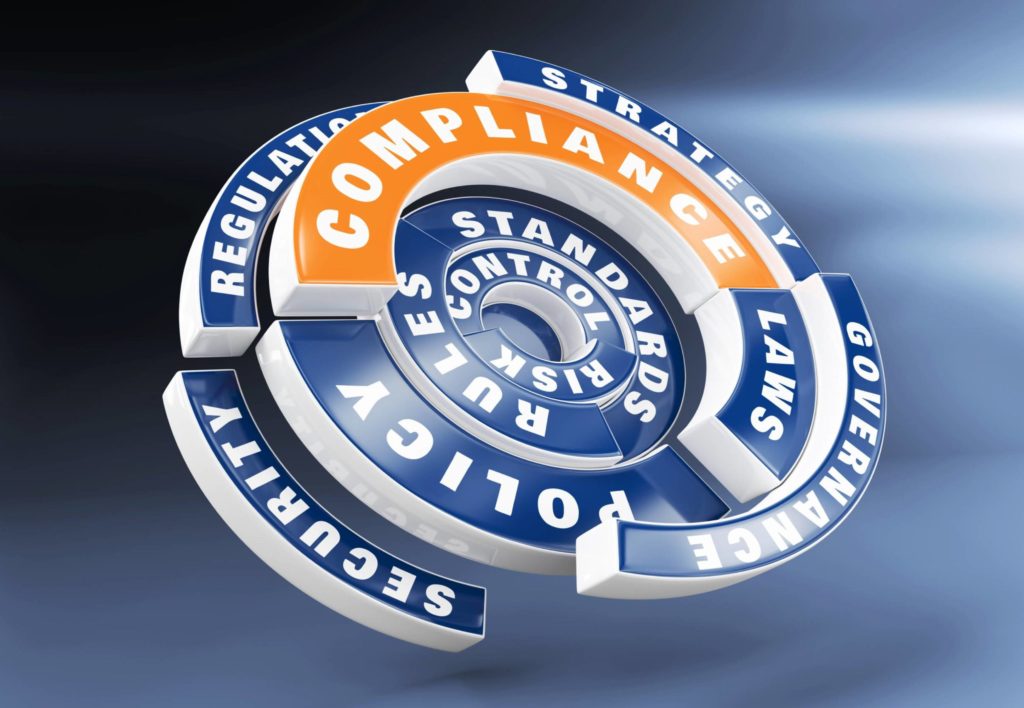How FDA Regulates Biological Cosmetics Ingredients
How FDA Regulates Biological Cosmetics Ingredients
Regulation of Biological Cosmetics Ingredients by the FDA
Cosmetics are products that are intended to be applied to the human body for the purpose of enhancing its appearance or to cleanse or beautify it. Biological cosmetics are those products that contain biological ingredients, which are derived from living organisms or their products. These biological ingredients include microorganisms, proteins, enzymes, and other substances. The FDA regulates biological cosmetics ingredients to ensure their safety and efficacy.
The FDA regulates biological cosmetics ingredients under the Federal Food, Drug, and Cosmetic Act (FD&C Act) and the Fair Packaging and Labeling Act (FPLA). The FD&C Act defines cosmetics as products that are intended to be applied to the human body for cleansing, beautifying, promoting attractiveness, or altering appearance.
The FDA requires that cosmetic products and their ingredients are safe for use and properly labeled. The FDA does not require cosmetic products or their ingredients to be approved before they are marketed. However, the FDA can take action against a cosmetic product if it is found to be adulterated or misbranded.
Adulterated cosmetics are those that contain harmful substances, such as bacteria or heavy metals, that can cause harm to consumers. Misbranded cosmetics are those that are labeled in a misleading or false manner, which can deceive consumers about the product's safety, efficacy, or ingredients.
To ensure the safety and efficacy of biological cosmetics ingredients, the FDA conducts research and testing on these ingredients. The FDA also works with other government agencies and industry stakeholders to develop standards for the safe use of biological cosmetics ingredients.
Labeling Requirements for Biological Cosmetics Ingredients:
The FPLA requires that cosmetic products be properly labeled with accurate and truthful information about the product's contents and intended use. The label of a biological cosmetic product must include the following information:
-
The name and address of the manufacturer, packer, or distributor.
-
The common or usual name of the product.
-
The net quantity of contents in terms of weight, measure, or numerical count.
-
A list of ingredients in descending order of predominance.
-
Directions for use.
In conclusion, the FDA regulates biological cosmetics ingredients to ensure their safety and efficacy. The FDA conducts research and testing on these ingredients and works with other government agencies and industry stakeholders to develop standards for their safe use. The FDA also requires that cosmetic products and their ingredients are properly labeled with accurate and truthful information about their contents and intended use. This helps consumers make informed decisions about the cosmetic products they use.
In-Depth Coverage: Importing Cosmetics
FDA-Regulated Products and Import Requirements
- What is Food Safety Modernization Act (FSMA)?
- Prior Notice of Imported Foods
- Food Facility Registration
- Risk-Based Preventive Controls for Human Food
- Risk-Based Preventive Control for Animal Food
- Standards for the Growing, Harvesting, Packing, and Holding of Produce for Human Consumption
- What is Foreign Supplier Verification Program (FSVP)?
- Protect Food against Intentional Adulteration
- FDA Regulated Product in Foreign Trade Zone (FTZ)
- Entry Review Process for FDA Regulated Products
- Country of Origin VS Country of Manufacture
- Foods Regulated by FDA or USDA: What is the Difference?
- Label and Labeling Claims for Conventional Food and Dietary Supplements
- What is USDA Country of Origin Labeling (COOL)?
- Import for Export of FDA Regulated Products
- FDA Regulated Products in Personal Baggage or Sending by Mail or Courier
- International Mail Facility (IMF) and FDA Regulation
- Importing Biological Product Regulated by CBER
- Importing Cosmetics and Voluntary Cosmetic Registration Program (VCRP)
- Importing Drugs into the U.S.
- Importing OTC Drugs into the U.S.
- Importing Veterinary Drugs into the U.S.
- Importing Tobacco Products into the U.S.
- Importing Medical Devices into the U.S
- Importing Food Products into he U.S.
- Importing Radiation-Emitting Products into the U.S.







